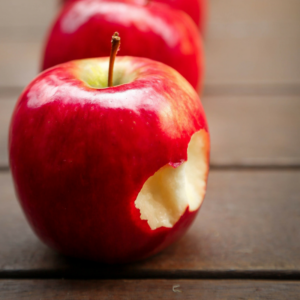
Has your dentist recommended that you have your wisdom teeth removed? If so, you have probably been referred to an oral surgeon for treatment. An oral and maxillofacial surgeon (OMS) is a specialist that provides various types of oral health treatments include wisdom tooth extractions. Since this is a surgical procedure, you will need to make temporary changes to your diet. Following your tooth extraction(s), you will be instructed to avoid food with sharp edges. Instead, patients should consume liquid and later soft foods the days following treatment.
What kinds of liquids and soft foods should I eat?
Liquids should be consumed the day of and the day(s) following your procedure in the form of smoothies, broths, and juice. After consuming liquids for the instructed amount of time, patients can then start incorporating soft foods like gelatin, yogurt, steamed vegetables, and baked potatoes.
Why does what I eat after oral surgery matter?
What you eat after any kind of oral surgery may change temporarily. In the case of tooth extractions, liquid and soft foods are necessary to protect the extraction site, which needs to develop a blood clot to heal. If this clot becomes disturbed, the extraction site will not heal properly and people will experience notable discomfort from its disturbance. Disturbing the blood clot, known as dry socket, means that patients will have to return to our office to have the extraction site reopened for a new clot to form.
Is removing wisdom teeth actually necessary?
Wisdom teeth are a threat to your oral health. Keeping them puts you at a higher risk for developing common oral conditions like orthodontic problems, malocclusions, periodontal disease, tooth decay, and abscesses. The factor behind the problematic nature of wisdom teeth is that there is not adequate room in the mouth for their emergence. Without proper room, wisdom teeth will cause other teeth to shift out of alignment. They also tend to become impacted (stuck) in the jaw and/or gums.
The overwhelming majority of dental professionals recommend the removal of wisdom teeth as both a precautionary measure and a treatment option for wisdom tooth-induced oral health conditions.
Call us today to reserve a consultation with our oral surgeon!